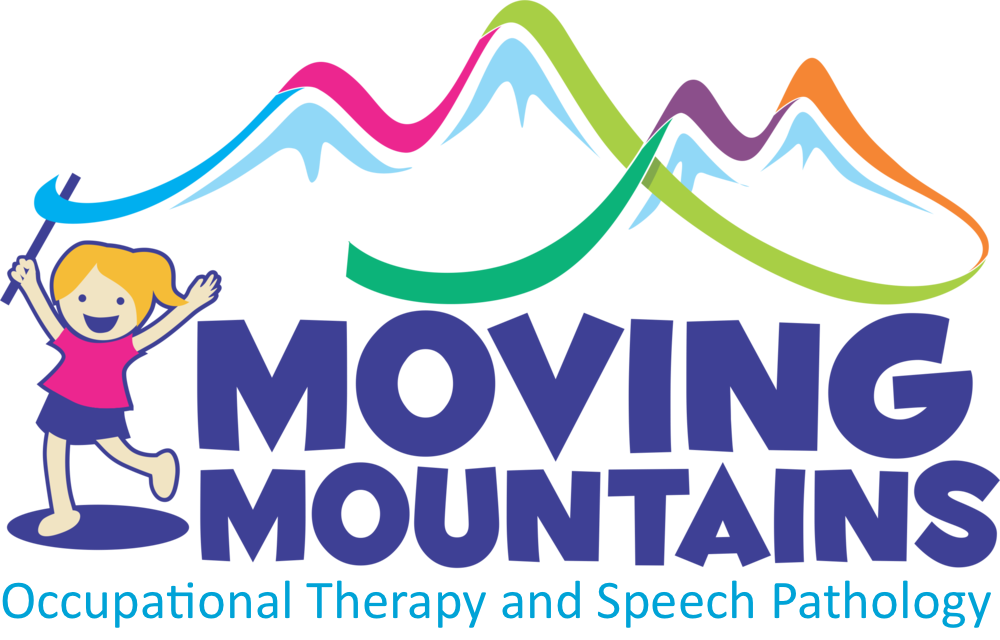Speech Pathology
Speech Pathology services can assist children in their abilities to communicate and interact with the people and world around them. This includes developing their skills in playing, talking, listening, socialising, reading and writing.
Speech Pathologists assess and manage children requiring assistance in the following areas:
· Speech
· Language (receptive and expressive)
· Stuttering
· Reading and spelling (phonological awareness)
· Social skills
What do these areas include?
Speech
Speech sound delays involve articulation errors (making the sound), phonological process errors (patterns of sounds) and apraxia (motor planning). Some symptoms of a speech delay can include your child:
· Not sounding clear
· Sounding slushy
· Replacing ‘k’ for ‘t’ in words (e.g. cat à tat)
· Producing ‘s’ as a ‘th’ (e.g. ‘so’ à ‘tho’)
· Not being understood by unfamiliar listeners
Expressive Language
This includes a childs ability to join words to form sentences using the correct vocabulary and grammar. Some symptoms of expressive language delays can include your child:
· Not joining words to form sentences
· Using short sentences for their age
· Using incorrect grammar
· Being unable to hold a conversation
· Having difficulties retelling/writing a story
Receptive Language
Receptive Language includes a child's ability to understand what is heard and/or read. The symptoms for a receptive language delay can be varied as it depends on the age of your child. However, some symptoms may include your child:
· Experiencing difficulties following instruction
· Not answering questions correctly
· Having ‘behaviour difficulties’
· Not being able to follow a story
Stuttering
Stuttering is a communication disorder in which the flow of speech is interrupted. Interruptions to fluency (i.e. symptoms) may include:
· Repetitions of sounds, syllables, words and/or phrases
· Prolongations of sounds
· Blocks in between words
Social skills
Social skills are the verbal and non-verbal skills that we use to communicate. These skills do not always come easily to children, so we can teach strategies to improve their social skills. A child with poor social skills may demonstrate:
· Limited eye contact
· Poor topic maintenance
· Difficulty understanding emotions or communicating their feelings
· Initiating conversation
· Poor turn taking
· Difficulty with greetings and general social manners
Phonological awareness (early reading and writing skills)
Phonological awareness refers to a childs ability to understand that words are made up of sounds and a childs ability to manipulate these sounds within words. This includes breaking words into sounds, syllables, identifying and producing rhymes, identifying initial and final sounds and blending sounds together. These skills are necessary as they serve as foundational skills in the development of reading and writing. Some signs of poor phonological awareness skills can include:
· Mispronouncing letters or words.
· Difficulty distinguishing between similar sounds sounds (e.g. getting confused between the ‘u’ and ‘a’ sounds)
· Skipping over words
· Inability to decode sounds in words
· Guessing a word based on the first sound they see
· Writing unrelated/made up words to those they were thinking of



